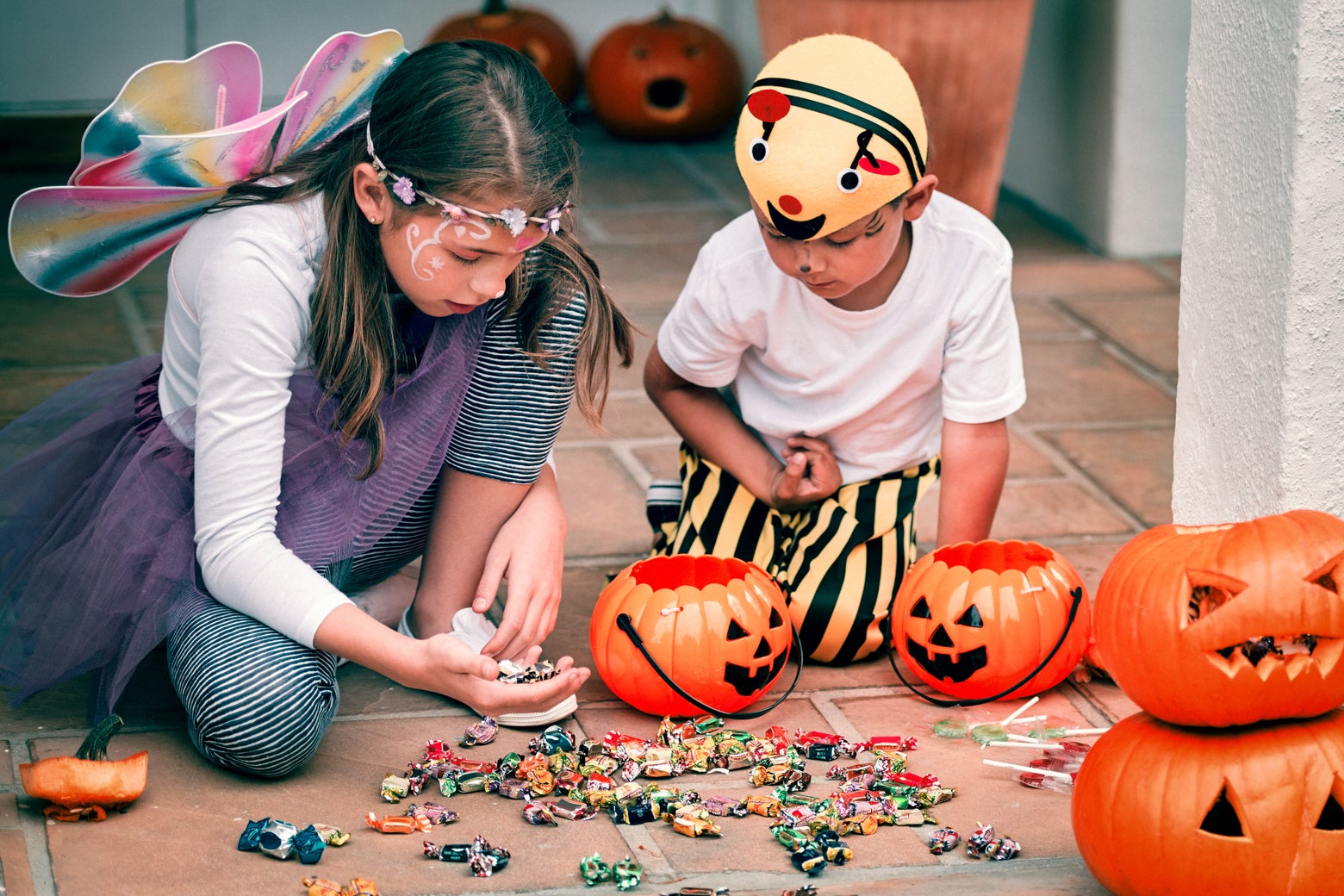
"And then there's the scariest rumor of all, one that virtually every parent I've ever met believes to some degree: Eating too much sugar makes children hyperactive. As everyone knows, kids gorge themselves on sweet treats on the 31 st, then go into a frenzy as their blood glucose spikes. And depending on how big that bag of trick-or-treat loot is, terrified parents might have weeks more of hyper, excitable, tantrum-prone children on their hands."
"Except ... that's just not true. We've known for decades that sugar doesn't really make people hyperactive. The basic idea is reasonable-when you eat a lot of sugar, your blood glucose does tend to spike, which in theory should cause you to have more energy. In practice, though, we know that this just doesn't end up being the case. This isn't a new finding."
Many Halloween-related myths circulate each year, including fears of drugs, poisoned or altered candy, and sugar-induced hyperactivity. Parents commonly believe that children's sugar consumption causes energy spikes and behavioral outbursts after trick-or-treating. Blood glucose does rise after consuming sugar, but that physiological change does not reliably produce hyperactivity. Research conducted largely in the 1980s and 1990s examined these claims. A 1995 meta-analysis combining 16 studies found no detectable acute effects of sugar on behavior or cognition. Cost and plausibility make mass drugging via handed-out candy unlikely. Expectations and marketing exacerbate parental anxiety about children's post-Halloween behavior.
Read at Slate Magazine
Unable to calculate read time
Collection
[
|
...
]